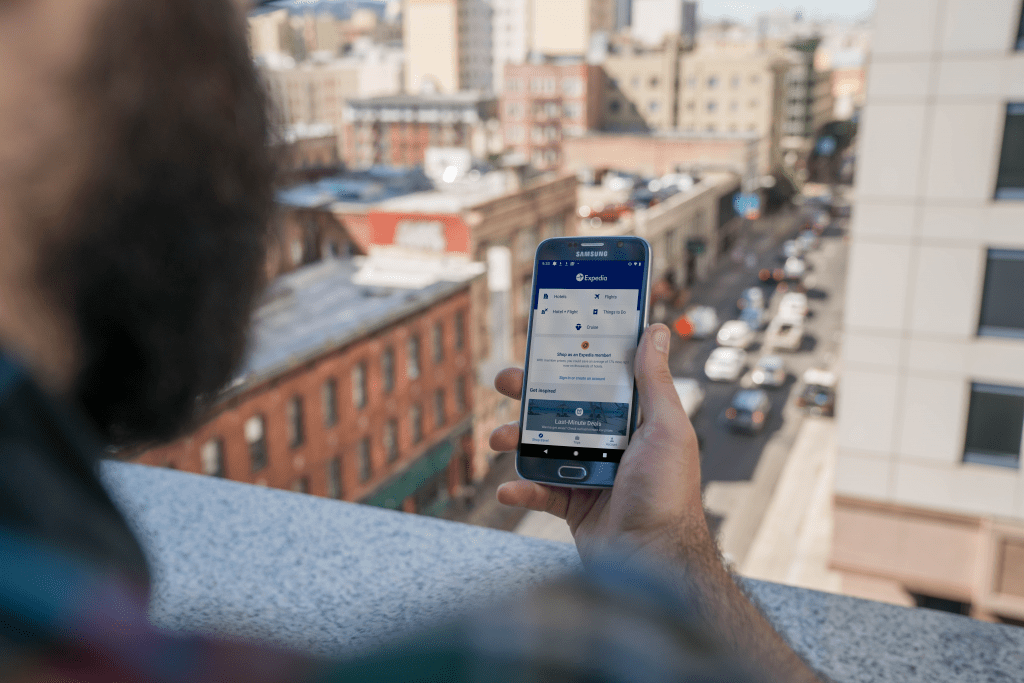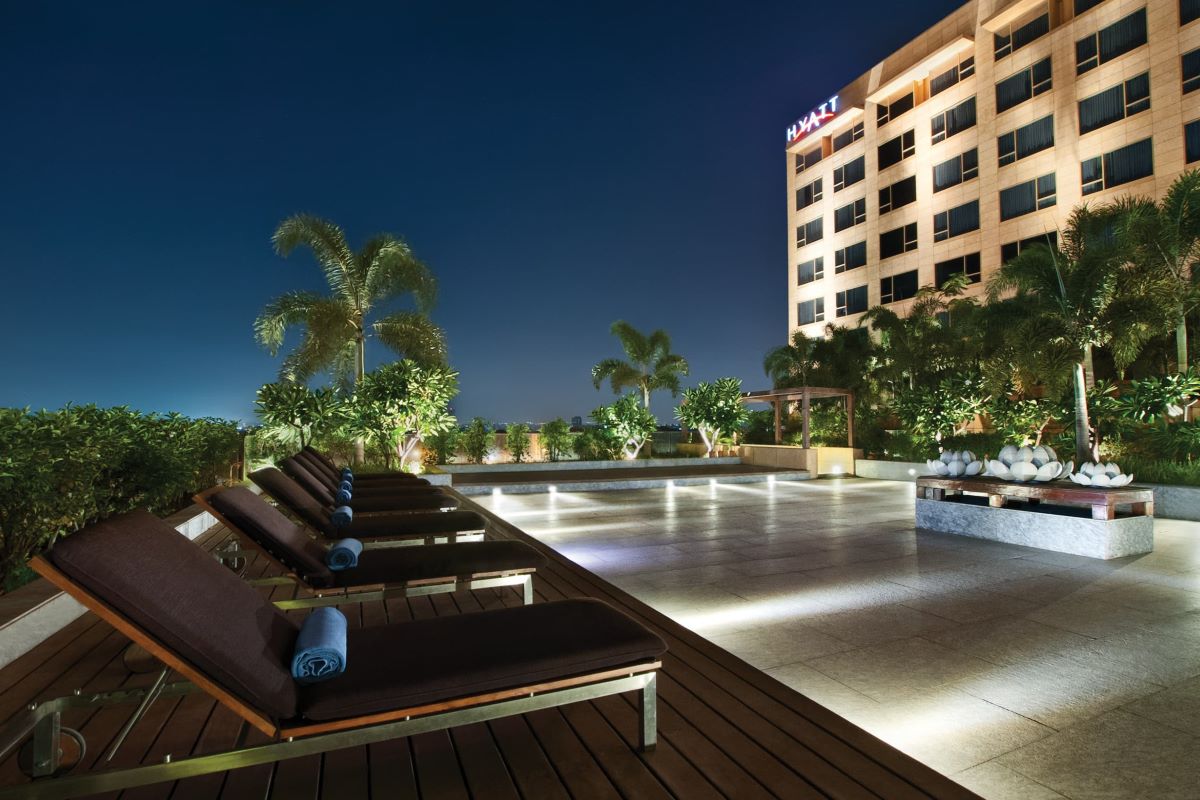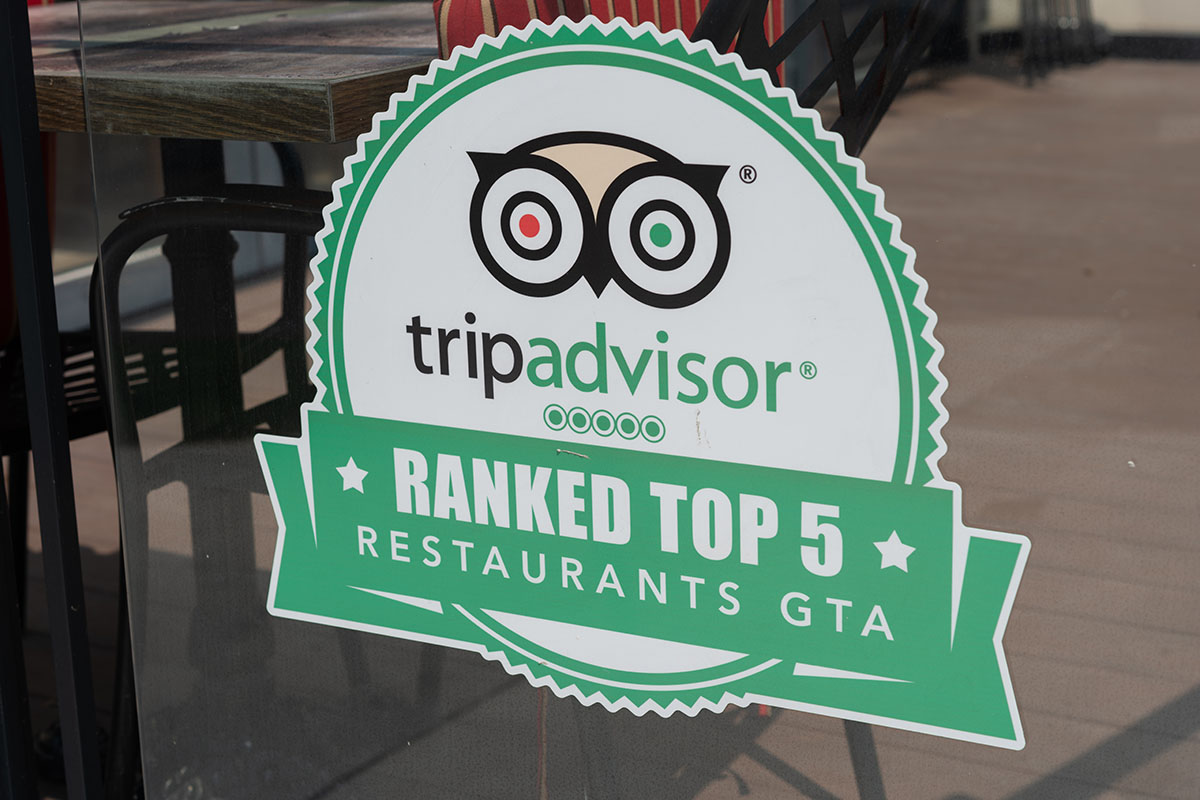Expedia Winning at Mobile in Southeast Asia: New Study

Skift Take
Expedia Singapore offers the best mobile experience in Southeast Asia, according to a study of 45 most trafficked travel brands in the region by Google and Accenture Interactive.
First, a caveat: Google and Accenture have been in partnership since 2016 to sell solutions to clients that can improve their mobile user experience, hence the study is also in its best interests. These tools include Google’s Accelerated Mobile Pages, which aims to enable faster loading times, or Progressive Web Apps, which basically is having the website look and behave as if it is a mobile app.
This is the first time the partners have surveyed the “masters of mobile” in Southeast Asia, the research coming at a time when mobile travel sales in the region are starting to become substantial.
Across Asia-Pacific, mobile travel sales crossed the 50 percent threshold in 2017, driven largely by consumers in China, South Korea, Australia and Japan, according to a New Digital Traveler research by Criteo.
Southeast Asian markets are following in the footsteps. By 2020, 35 percent of online travel sales in Singapore, for example, will be made on mobile, 15 percent in Indonesia and 10 percent in Vietnam. This is thanks to rising penetration of smartphones in the region and a high proportion of millennials who have grown up immersed in a world of digital advances, said Criteo’s report.
Separately, a Google/Kantar study shows 59 percent of consumers in Southeast Asia do pre-purchase research online using a smartphone. Close to 80 percent will still look for information online, even at the point of sale in store, and 53 percent who purchase online prefer to do it on a smartphone.
FAST AND FURIOUS
Consumer expectations for mobile experiences will continue to rise as more users, especially those in emerging markets in Asia-Pacific, sidestep the desktop and make the leap to a mobile-first world, said Hermione Joye, Google Asia-Pacific’s head of travel.
One of their expectations is speed. More than half (53 percent) of users will abandon a mobile site that takes longer than 3 seconds to load, she said.
Yet, the majority of travel brands in Asia-Pacific load at an average time of twice that (6.4 seconds), Joye pointed out.
Speed is a criterion Google/Accenture uses to find out who the masters of mobile are in South-east Asia. Four other criteria are find-ability — how quickly users can find the right product through the site’s search and features; product pages — whether written and visual product information is presented clearly and consistent and if there are prominent calls to action; registration and conversion — whether registration and payment forms are easy to complete and options to transact are simple and safe; and mobile design — whether site pages are designed for mobile, provide clear headings and well laid-out content, and have a consistent branding.
AND THE FIVE MASTERS ARE
Expedia and Hotels.com in Singapore hogged the first and second place, followed by Klook Singapore, Travelbook Philippines and Traveloka Indonesia, with overall scores of between 82 percent and 87 percent compared with the industry average score of 69 percent.
Airbnb Singapore is not far behind, at seventh spot, and Booking.com in Thailand, ninth.
Either Expedia or Hotels.com also take the top spot country-wise, except for in Indonesia, where Traveloka is master.
One of the best practices the study singled out is Traveloka’s adeptness at find-ability. It provides suggestions for popular searches and allows users to search by both country and city, so they don’t miss out on options. Traveloka is also lauded for its mobile design, which the study said uses clearly labeled icons and right sized buttons so users can go where they want without fuss.
It also likes Airbnb’s registration and conversion, which provides the final cost and breakdown upfront, so customers can buy with confidence and without price shocks. And Malaysia Airlines’ product pages which the study said “makes it painless to compare flights, displaying what is most important first while keeping other information easily accessible.”
WHY EXPEDIA TOPS
Expedia’s global head of mobile marketing and apps ecosystem, and its head of marketing Asia-Pacific, Gabriel Garcia, told Skift the group has invested extensively into building its mobile experience across its brand, as part of its $1.5 billion in technology and content investment to-date.
Aside from that, the key is to recognize mobile as separate to desktop and design experiences that specifically cater to mobile use.
Said Garcia, “At Expedia we made a decision to implement a goal across the organization of improving our mobile web experience. We acknowledged mobile is where most customers begin their shopping journey, and as such we needed to focus on delivering mobile unique experiences our customers not only deserve, but demand.
“A high converting mobile platform not only delivers business metrics, but also builds brand equity by meeting customers' expectations throughout their travel shopping journey.”
Globally, roughly one in three global hotel room nights are booked via mobile, and more than 50 percent of traffic arrives on Expedia Group sites via mobile.
The findings from the study, while underscoring the importance of having a fast and well-designed mobile experience, also“ highlights the importance of focusing on locally relevant and customer centric product features that are intuitive and assist consumers throughout their shopping experience,” added Garcia.
TIME TO RETHINK SOUTHEAST ASIA
Klook, which came in right after Expedia and Hotels.com, said it’s a great honor to be ranked with the global player.
Chief revenue officer Anita Ngai said that a mobile leap has already happened in Southeast Asia. Two-thirds of Klook’s bookings overall come from mobile and the figure is in fact higher for Southeast Asia, she said.
“Some of us who sit in more mature markets may have the impression that consumers from some markets in Southeast Asia would prefer to buy on desktop or go back to the shop, especially when they are making expensive purchases.
“In Vietnam, we find that people find it safer to pay with their mobile instead, as the device is their own. In these places, they don’t have desktops or personal computers, they leapfrog to mobile so they never had the habit of booking using those,” she said.




